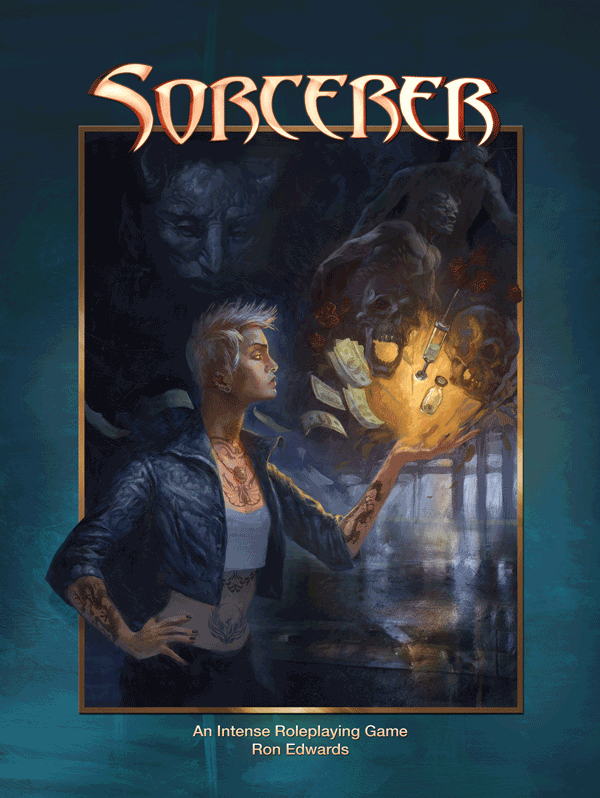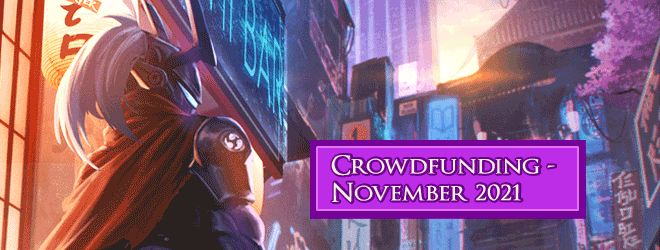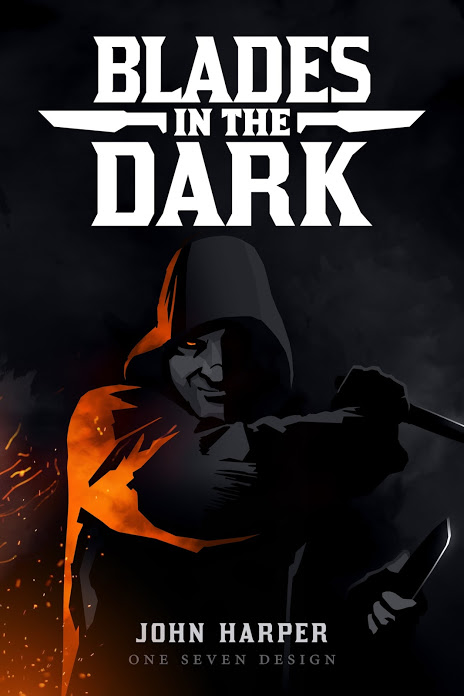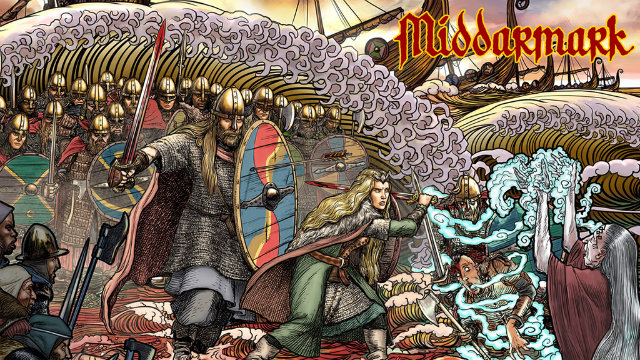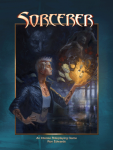 Sorcerer by Ron Edwards, one of the standout bonus games in the Bundle of Holding’s resurrected Indie Initiative offer that ends this Thursday, is a watershed game in roleplaying history.
Sorcerer by Ron Edwards, one of the standout bonus games in the Bundle of Holding’s resurrected Indie Initiative offer that ends this Thursday, is a watershed game in roleplaying history.
Historians of indie games point to the design influence of early precursors like The Extraordinary Adventures of Baron Munchausen and Puppetland — both part of this same offer — and Over the Edge, featured in our revived Over the Edge Bundle now in progress. Sorcerer is more influential than any of these in a design sense, and just as important, it pioneered a new economic model for tabletop RPGs. In the late ’90s — pre-broadband, pre-ebook, pre-Amazon, pre-Kickstarter — Ron proved an independent RPG designer could publish a physical rulebook profitably and without compromise.
Bypassing conventional game publishers, Ron connected directly to his audience — by, essentially, creating the audience himself. There in the Stone Age of the World Wide Web, when we all logged on to AOL, Compuserve, or GEnie with our 14.4K modems, Ron found like-minded players on Usenet and in chat rooms. He first posted Sorcerer as a shareware text file on his grad school web page, then (in 1998) as a .PDF on his own domain — when getting your own domain was pricey! He set up credit-card processing, ran his own ordering service, and kept his print runs way low.
Ron’s 1998 essay “The Nuked Apple Cart” outlined the new indie philosophy, for which Sorcerer became the exemplar: Cut back on production value, skip supplements, skip advertising and conventions, and don’t try to get rich.
“RPGs are undergoing a punk rock-and-roll Renaissance,” he wrote, “impudently ignoring the approval of the money-men. […] Are you a practitioner of an artistic activity or a consumer of a advertising-driven product? I urge you to consider your role in roleplaying economics, and to consider whether a shelf of supplements and so-called source material really suits your needs, as opposed to a few slim roleplaying books with high-octane premises and system ideas.”
Together with Clinton R. Nixon, Ron co-founded The Forge, which for most of a decade served as the locus and testbed for the burgeoning story-game community. Ron’s long theoretical Forge essays propounded the influential Gamist-Narrativist-Simulationist framework and its “Big Model” successor. In retrospect his greatest conceptual breakthrough was the articulation of the philosophy he christened “Story Now“: abandoning pre-planned adventure plots in favor of organic exploration of a premise. “The ‘Now’ refers to the people, during actual play, focusing their imagination to create those emotional moments of decision-making and action, and paying attention to one another as they do it.” This idea, more than anything else, marks modern roleplaying design. And in those early years, the most prominent example was Sorcerer.
Ron has adopted, seemingly effortlessly, each new breakthrough in RPG production and distribution. See, for instance, his quintuple-funded January 2013 Kickstarter for a new annotated version of Sorcerer — the version presented in this Indie Initiative offer. Though Ron has for years deemed it unnecessary to issue a new “edition” of Sorcerer, this annotated version pairs each of the original rulebook’s 138 pages with a new facing page that comments on and sometimes clarifies the original text in Talmudic fashion.
[The Kickstarter also justified its existence by funding, as a stretch goal, the Sorcerer Tequila Menu (.PDF).]
With the strong Kickstarter demand for this Annotated Upgrade, Sorcerer proves it remains, after 15 years, as attractive and potent as the demons it describes. This upgraded .PDF ordinarily retails for US$25, but you can get it as one of the Indie Initiative‘s seven bonus games simply by paying more than the average price (currently around US$22). But you must get it before the offer ends this Thursday. Don’t miss out!
http://bundleofholding.com/index/current/name/IndieInitiative
